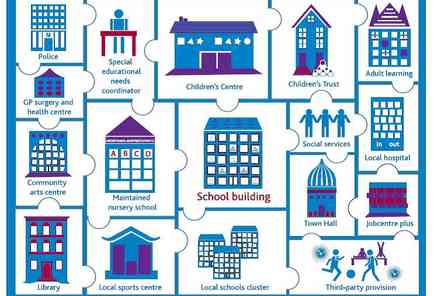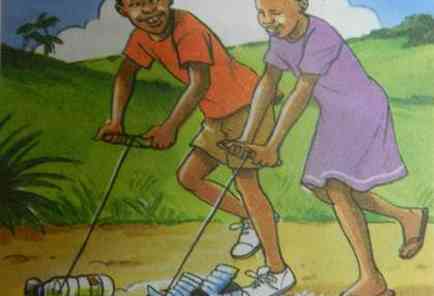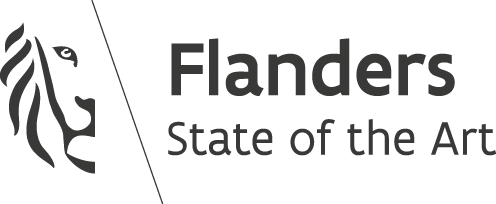Teachers in Zimbabwe unanimously agree: there is no question of equity in education. The economic situation is too bad, often there are no qualified teachers and teachers are not motivated due to low wages. In rural areas, the challenges are even bigger due to the teacher shortage and poorer infrastructure than the schools in the city. The challenges and assets in rural areas can be compared with the educational challenges that Belgium faces in the (major) cities. What competencies does a teacher need in order to teach in the countryside of Zambia and a city in Belgium? How can a teacher training prepare for teaching in these specific contexts?
I like to teach in the city for its cosmopolitan character. You just have to get on the tram with your class and you are in a different world. We also live in a large creative city where you can easily connect your children with fashion, photography, theatre, etc. But also, the world sof the children. Our children are often cosmogoles. Some are born here, but others have already completed a whole trajectory. They enrich each other and ensure, sometimes contrary to adults, that cultures can merge.
- Les, experienced primary school teacher
In the presentation below we explain the concepts rural and urban, we map the rural and urban educational context in Zimbabwe and Belgium and we discuss the influence of different contexts on access to equitable education. We also elaborate on the current and desired profile of teachers in the city and in the countryside. We also assess whether teachers feel sufficiently prepared and supported to work with diversity. Finally, we provide some tips for teacher training so that candidate teachers are better prepared for differentiated learning and teaching.





